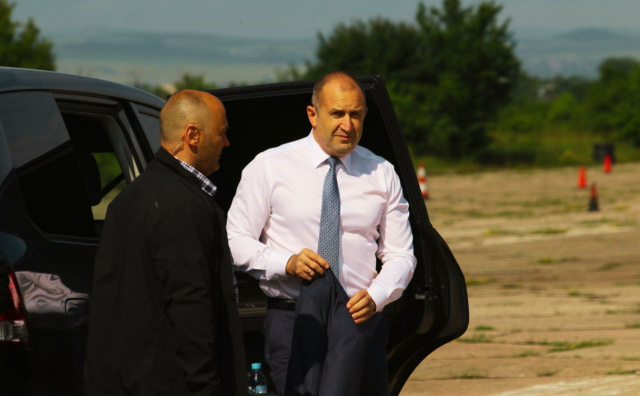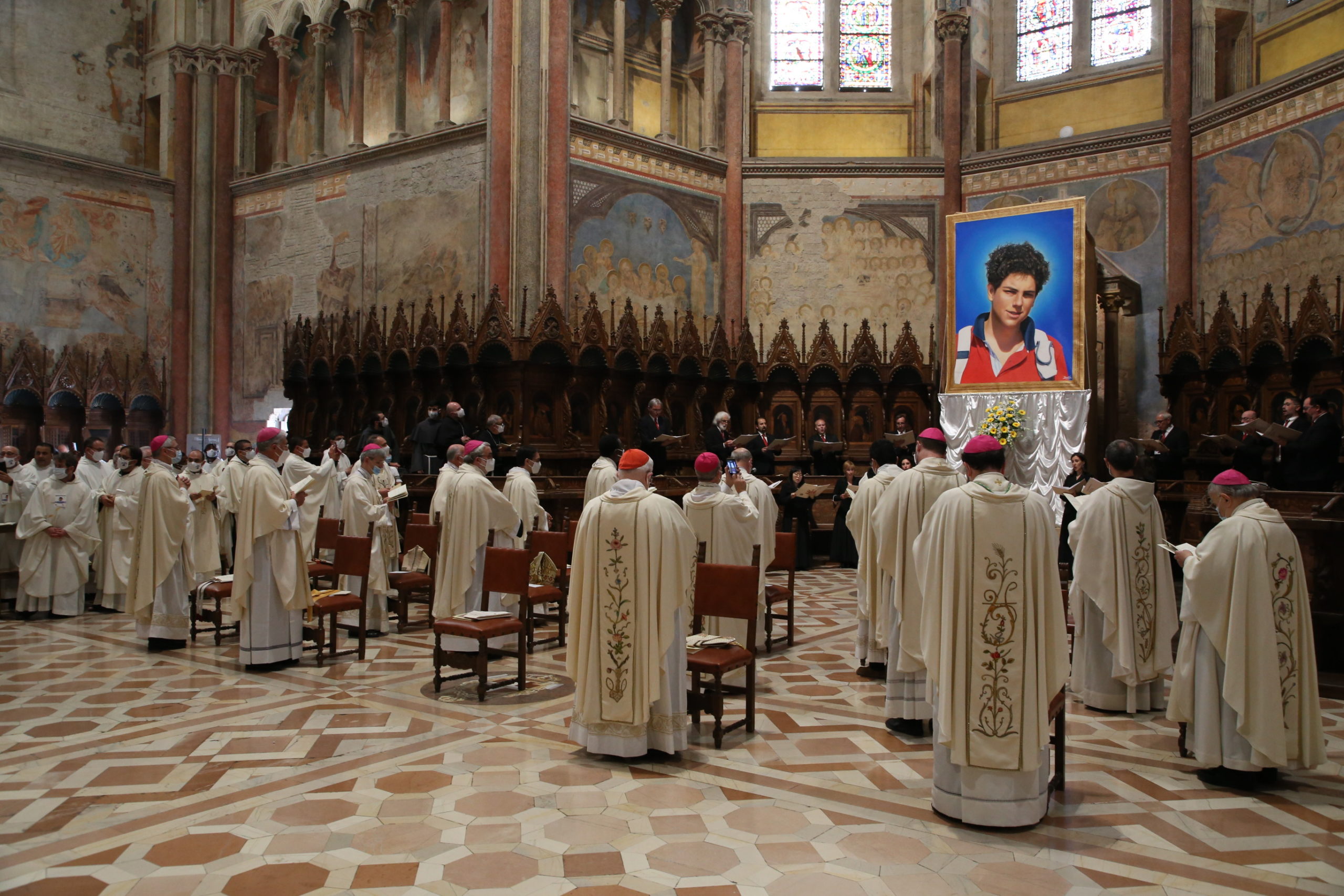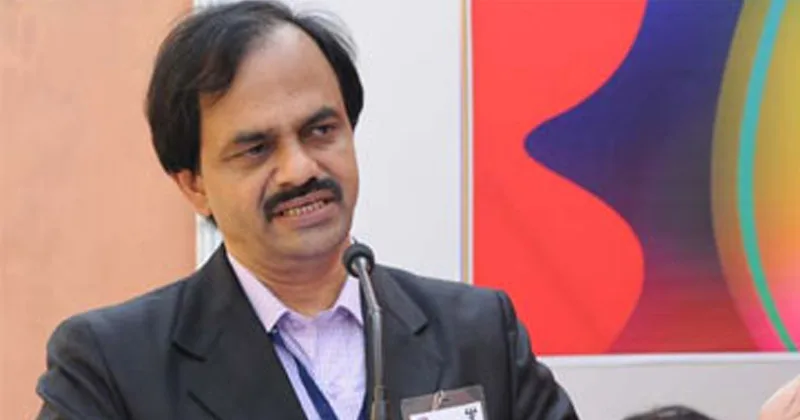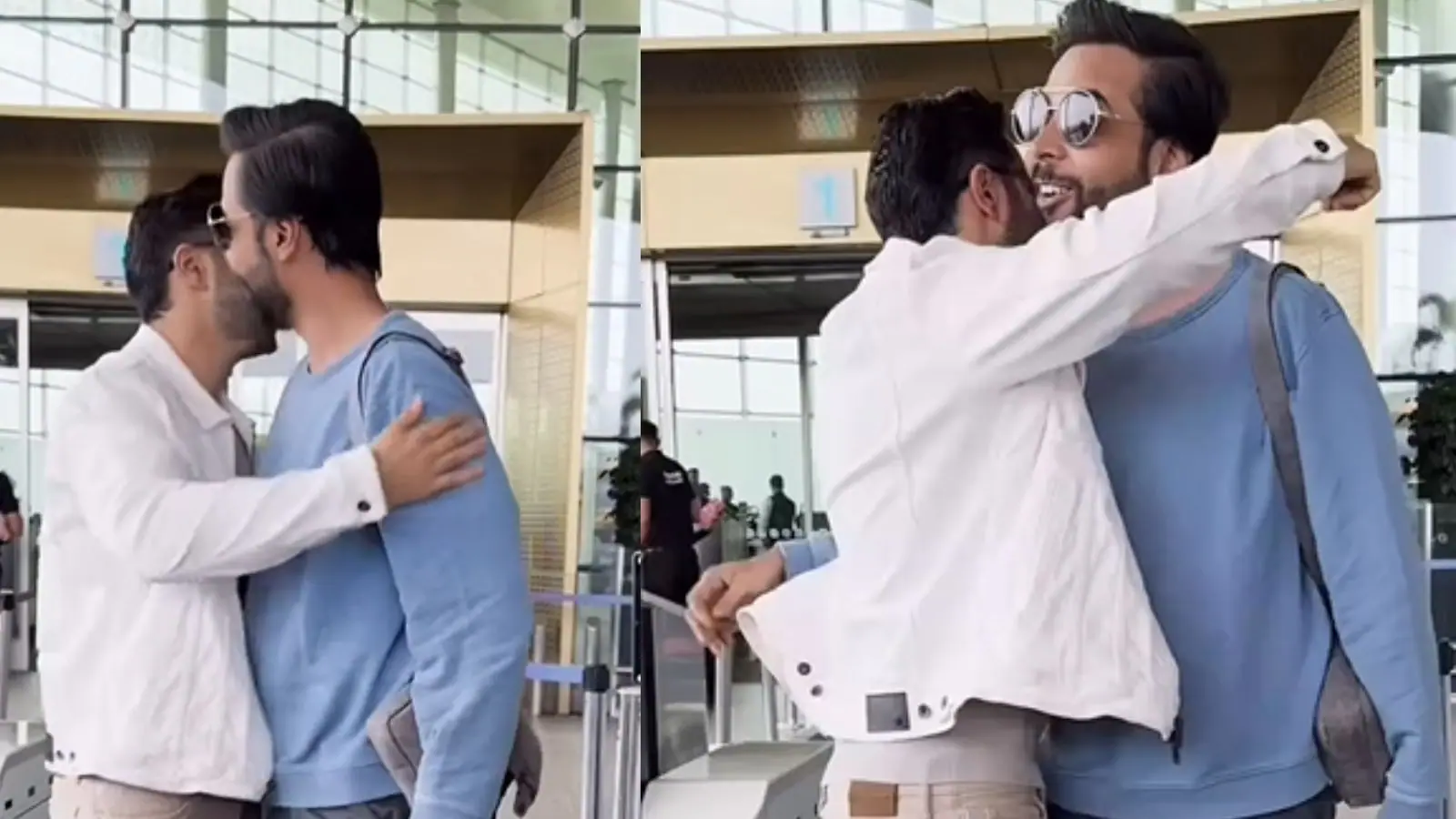By Kalin Stoyanov
Copyright novinite

The National Assembly voted in principle on a legislative amendment that will prevent the National Security Service (NSS) from providing transportation for members of the President’s administration. The bill passed its first reading with 116 votes in favor, 64 against, and one abstention.
The amendment to the NSS Act was proposed by Kalin Stoyanov (DPS-New Beginning) and supported by GERB, DPS-New Beginning, BSP, and “There Is Such a People”. Stoyanov cited President Rumen Radev’s visit to Varna on August 10, during which a seven-vehicle motorcade blocked the city, as a reason to end what he described as “unjustified privileges” for the presidential administration. He emphasized that the change is not intended to provoke confrontation but to ensure that the administration is treated like other state offices.
Opposition parties criticized the move as an attack on the presidency. Yuliana Mateeva, deputy floor leader of “Greatness”, called the amendment “a cheap farce” aimed at publicly humiliating the President by depriving his staff of transportation for official duties. Similarly, “Revival” leader Kostadin Kostadinov described it as part of a long-standing pattern of private laws and amendments, noting that for 35 years, the presidential administration has relied on NSS vehicles. Nikolay Radulov (MECH) also condemned the measure, framing it as an attempt to demean the President and diminish his authority.
Supporters argued that the amendment does not affect the President’s security, only the transportation privileges of his administration, which could include staff such as cleaning personnel. Hristo Gadzhev (GERB) highlighted that no other state administration enjoys special transportation privileges, questioning why presidential aides should receive them. Hamid Hamid (DPS-New Beginning) reiterated that the President himself will continue to be protected by NSS.
The debate also touched on the broader issue of state vehicles and drivers. Ivaylo Mirchev (We Continue the Change-Democratic Bulgaria) suggested that between the first and second readings, the coalition may propose limiting NSS-provided transportation for all MPs except the Parliament Chair, Prime Minister, and President, and even removing NSS drivers for Delyan Peevski, the DPS leader. Disputes over the number of vehicles and drivers in Parliament ensued, with estimates ranging from over 100 to nearly 200, while Stoyanov defended the amendment as addressing privileges misused for decades.
In a related development, MPs from GERB, BSP, and TISP submitted draft amendments to three separate laws that would remove the President’s authority to appoint heads of the State Agency for National Security (SANS), the State Intelligence Agency (SIA), and the State Agency for Technical Operations (SATO).
Stoyanov framed the NSS amendment as closing a longstanding loophole, while opposition MPs warned against politicizing the issue. WCC-DB co-chair Ivaylo Mirchev stated that the coalition intends to propose similar limitations on NSS services for all officials, citing the disproportionate use of state resources, and confirmed plans to remove NSS protection for Peevski, who had previously indicated he did not require it.
The National Assembly also set a three-day deadline for submitting proposals for changes between the first and second readings of the bill.



